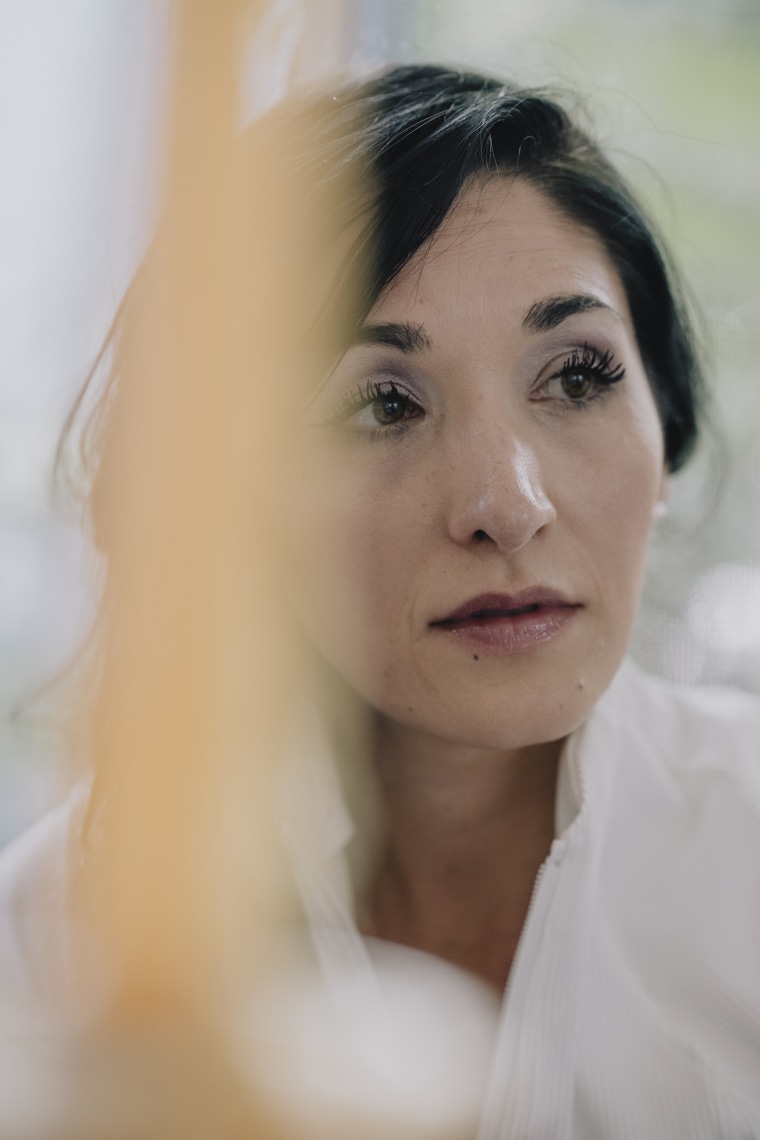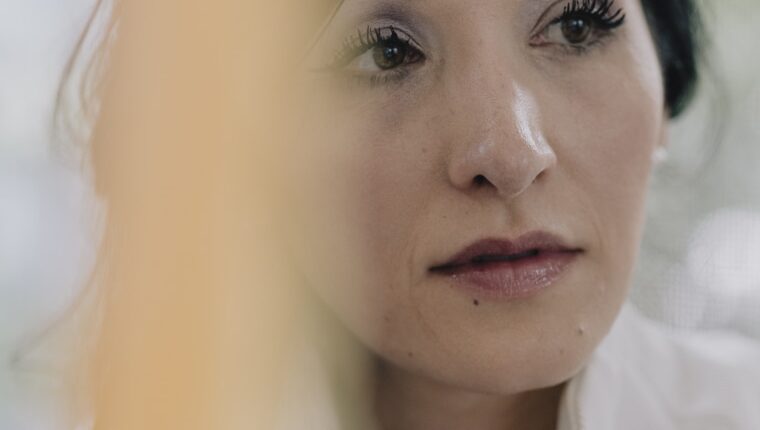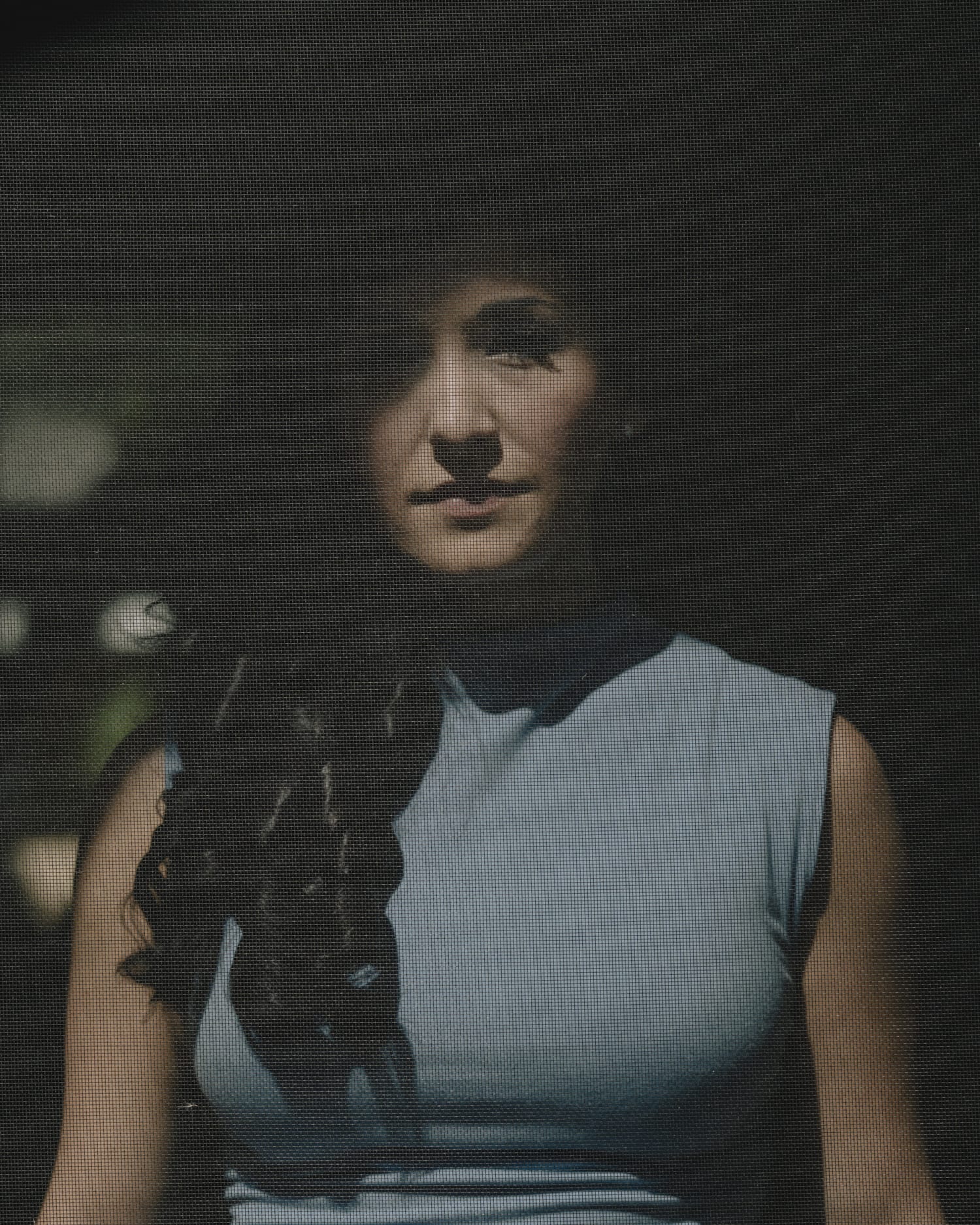In the end, several doctors suggested that in the absence of any other explanation, the cause of Desiree’s strange condition might be “psychogenic,” meaning not that she was faking her symptoms, but that they were resulting from stress or some underlying psychological condition. They suggested she see a psychiatrist. A physical therapist separately mentioned dystonia, a neurological movement disorder that can cause involuntary muscle spasms.
Dr. Daniel Freedman, a pediatric neurologist in Austin, Texas, treats children with functional neurological disorders (previously known as psychogenic neurological disorders) and said they “often feel victimized by the health care system.”
Desiree updated her friends and family on her condition with posts and videos on Facebook, claiming that doctors had landed on dystonia and linked it to the flu vaccine. (That diagnosis was not reported in Desiree’s medical records from the time.)
Her story made its way into a local newspaper, then local television news reports and, eventually, national news — each one repeating Desiree’s unverified claims about the vaccine, many with no pushback at all.
A friend and newly hired community blogger for Virginia’s Loudoun Times-Mirror first wrote up Desiree’s version of events in a column. Within two days, TV news reporters from local NBC, CBS and Fox stations had picked up the story. The TV tabloid newsmagazine “Inside Edition” followed with a segment that showed Desiree’s symptoms: She stomps, then squats. Her arms twist and flail. She almost falls, but then doesn’t. Her speech is slow, slurred, her voice monotonous and nasal. Then Desiree walks backward and her strange symptoms melt away. She talks normally, walks straight.
“Her jerking and twisting are the result of uncontrollable muscle contractions,” correspondent Les Trent says. “There is no known cure.”
Within the week, Desiree’s story had gone viral, videos of her TV appearances racking up millions of views.
That story — a pretty cheerleader, strangely disabled by a vaccine — was ratings gold. “Inside Edition” host Deborah Norville called it “one of the most talked-about stories we’ve ever had.” But the coverage was met with doubt from doctors, who took to professional listservs and blogs to state that whatever was going on with Desiree, it wasn’t dystonia.
Dr. Paul Offit, the director of the Vaccine Education Center at Children’s Hospital of Philadelphia and co-inventor of the rotavirus vaccine, was one of the skeptics.
“When I first saw that video, I felt so badly for her,” Offit remembered. “I thought, ‘Oh, God, this is going to be so hard for her.’”
For all the trips Desiree made to various doctors, she wasn’t getting answers. And she didn’t feel like they understood. She couldn’t keep food down. She couldn’t walk. She couldn’t work.
“It was so frustrating, because the doctors would ignore me,” Desiree said. “They made it seem like I was an idiot, or I was crazy, or it was just stress.”
But there were others, who Desiree instantly felt did believe her. They told her they knew what was wrong and that they alone could fix her.

The media storm around Desiree came at a time when the country was already on edge, in the midst of a pandemic — a novel H1N1 flu that would ultimately infect some 60 million Americans, and kill more than 12,000 that year.
Swine flu was a boon for the anti-vaccine movement, which had suffered in recent years: Its leading researcher had been discredited, the theorized link between autism and vaccines disproven, and confidence in childhood vaccines was high. But this new outbreak, which disproportionately affected children and pregnant women, would revive the cause, providing an opportunity for anti-vaccine activists to expand their message beyond early childhood vaccinations.
By fall, an H1N1 vaccine was available. But some 40% of the country didn’t want it. Nearly two-thirds of U.S. parents said they were either waiting or refusing to have their children vaccinated against swine flu. Part of the reluctance was due to worry that the vaccine had been rolled out too quickly, that it hadn’t been tested enough. (The swine flu vaccine was formulated and manufactured using the same process as seasonal flu shots, and it had gone through clinical trials, but fears persisted.)
A new, highly organized and extremely online effort was taking advantage of the moment; its most visible leader was celebrity activist Jenny McCarthy and her organization, Generation Rescue. McCarthy; Generation Rescue’s founder, J.B. Handley; and the organization’s then-president, Stan Kurtz, all had sons with autism, which they said had been caused by vaccines. They also said their sons were being cured with special diets and unproven biomedical treatments.
As McCarthy and then-partner Jim Carrey led marches and hosted fundraising galas, Kurtz lectured at conferences and handled recruitment. A big part of that effort involved mining the internet and local news reports for stories about people who believed that they or their children had been injured by vaccines.
Kurtz saw the local news coverage and contacted Desiree.
“The story is just, anyone that sees it, it’s just so compelling. Jenny was crying,” Kurtz told a reporter for the local Fox station, before announcing that Generation Rescue would be helping Desiree “recover” from her vaccine injury.
So Desiree hitched herself to Generation Rescue. They helped her set up a website, which advertised a Kurtz-owned vitamin lollipop business and other products affiliated with Generation Rescue and its board members. Meanwhile, the organization put out a statement challenging the doctors on TV who dared doubt her and raised money via its own website “to help pay for her mounting medical expenses.” (Desiree said she never received any of it.)
Desiree’s experience, the group wrote, “in many ways, parallels the experience of our children, who many of us watched regress into autism after the administration of multiple vaccines.” Desiree echoed this “for the children” language on her blog and in news interviews. “I want to speak because I can and they can’t,” she told Fox5.
“I felt obligated to buy into what they were saying,” Desiree told me. “I didn’t know anything back then.”
Kurtz came to her home in Virginia with a camera crew, which over the next week captured over 40 hours of video — the makings, they said, of a future documentary, warning against vaccines, starring Desiree.
The documentary was never made.
Source: | This article originally belongs to Nbcnews.com










